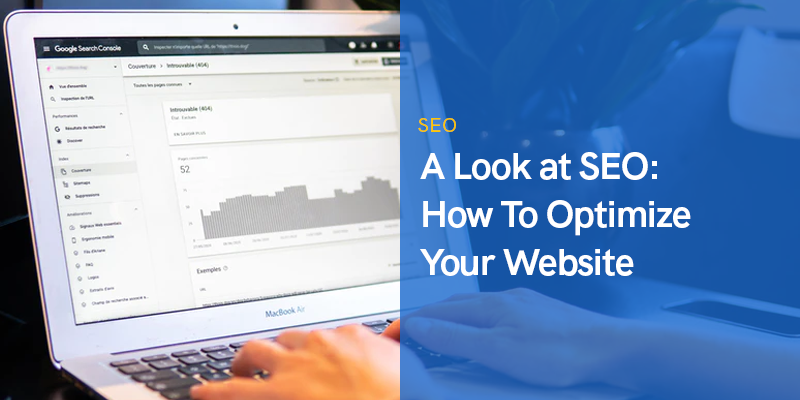SEO is a long-term marketing strategy employed in order to improve a website's visibility and organic search results in google and other global search engines.
A lot of your SEO impact comes from things like external link building and your content strategy, but Google increasingly wants to make sure your on-page SEO is on point as well.
How to SEO Optimize a Website
Below are some tips to help make sure you're doing everything you can to help those sweet, sweet SEO results start rolling in.
Add New Content Regularly
One of the best things you can do for your SEO is to regularly add new content to your website.
Search engines love fresh content, and by adding new articles, blog posts, or other types of content on a regular basis, you'll be able to keep your website looking fresh and improve your chances of ranking higher in SERPs.
Keeping up with a regular content schedule can be hard to do on your own, especially if you are a solopreneur site owner.
If you have the budget, consider reaching out to SEO and content professionals to help you publish regular, high-quality content.
Use Keywords in Your Titles
Your title is one of the first things that potential readers will see when they come across your content, so make sure it's catchy and includes the right keywords.
A good title will help you rank higher in search engine results pages (SERPs), and it can also help entice people to click through to your article.
Use Meta Tags
Meta tags may not be as visible as your title or the body of your article, but they're just as important when it comes to SEO.
Meta tags provide information about your page to search engines, and they can help you control how your page appears in SERPs.
Make Use of Alt Tags
If you're using images in your content, then you should also be using alt tags.
Alt tags provide a text description of an image, and they're important for both accessibility and SEO.
Search engines can't “see” images, so they rely on alt tags to understand what an image is about.
Create Keyword-Rich URLs
Your URL is another important factor in SEO. Make sure your URL includes relevant keywords so that search engines can easily index your page.
A keyword-rich URL will also help your click-through rate, as it will give potential readers an idea of what your page is about before they even click on it.
Optimize Your Images
In addition to using alt tags, you should also make sure that your images are properly optimized for SEO.
This means adding keywords to the file names of your images and using the correct file format.
By optimizing your images, you'll be able to ensure that they appear in image search results and improve your chances of getting traffic from these searches.
Use Internal Links
Linking to your own content can help improve your SEO by increasing the number of links to your website. When you add a new article or blog post, be sure to include links to other pages on your site.
This will help search engines index your website more easily and help improve your chances of ranking higher in SERPs.
Make Sure Your Site Is Mobile-Friendly
More and more people are using their mobile devices to access the internet, so it's important that your website is optimized for these users. A mobile-friendly site will load quickly and be easy to use on a smaller screen.
This is not only good for your visitors, but it's also good for your SEO, as mobile-friendliness is now a ranking factor for search engines.
Promote Your Content
Just because you've written great content doesn't mean that people will automatically find it.
You need to promote your content if you want to get more traffic.
There are a number of ways to promote your content, such as social media, email marketing, and paid advertising.
Use Social Media
Social media is a great way to promote your content and improve your SEO.
When you share your content on social media, you're able to get more people to see it and you have the potential to reach a larger audience.
You can also use social media to build up your brand and improve your overall online presence.
Compress Images
Large images can slow down your website, which can negatively impact your SEO.
Make sure to compress your images before uploading them to your website to reduce the file size and help improve your website's speed.
This will help ensure that search engines can index your site more quickly and help improve your chances of ranking higher in SERPs.
Conclusion
By following these tips, you can SEO optimize your website for more traffic and improved rankings in SERPs.
Remember to keep your content fresh, use relevant keywords, and promote your site to get the most out of your SEO efforts.

